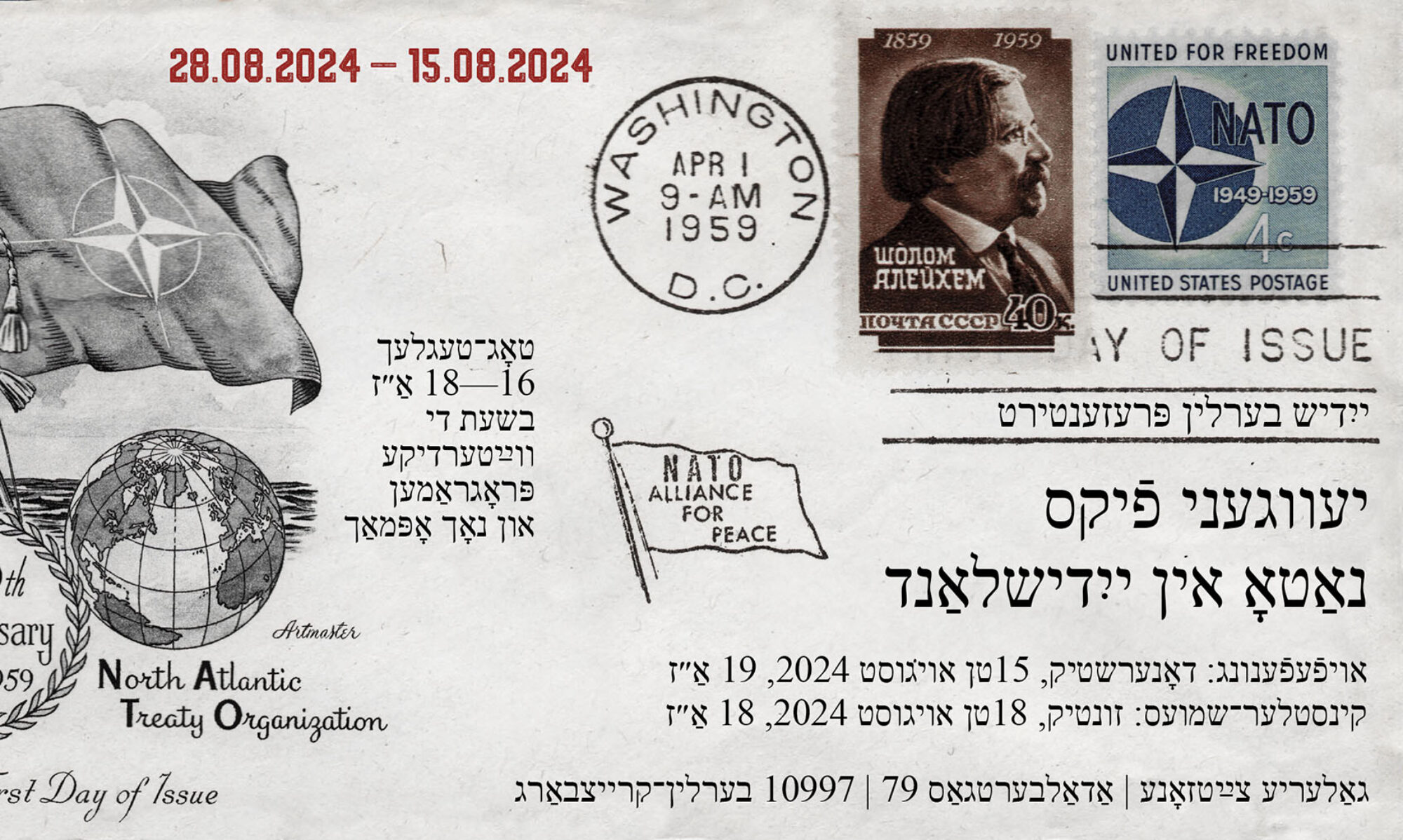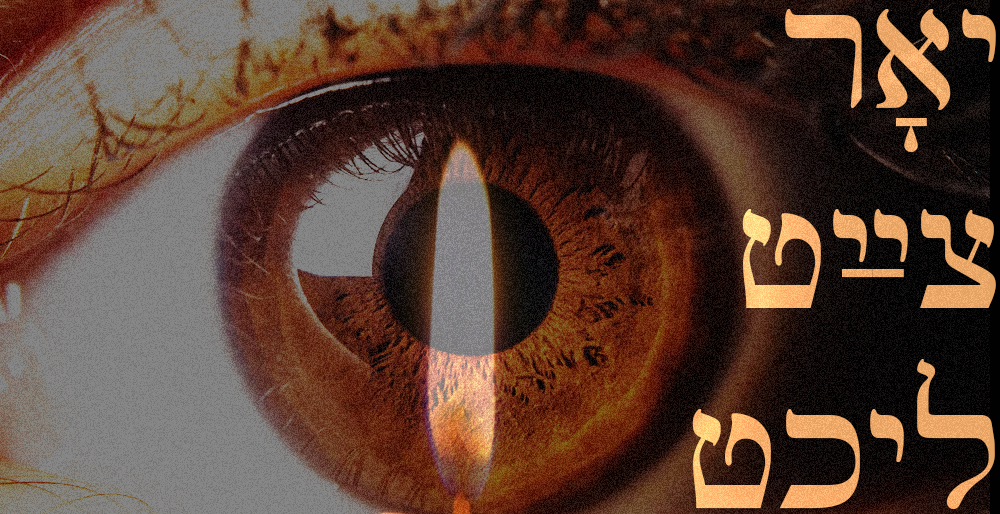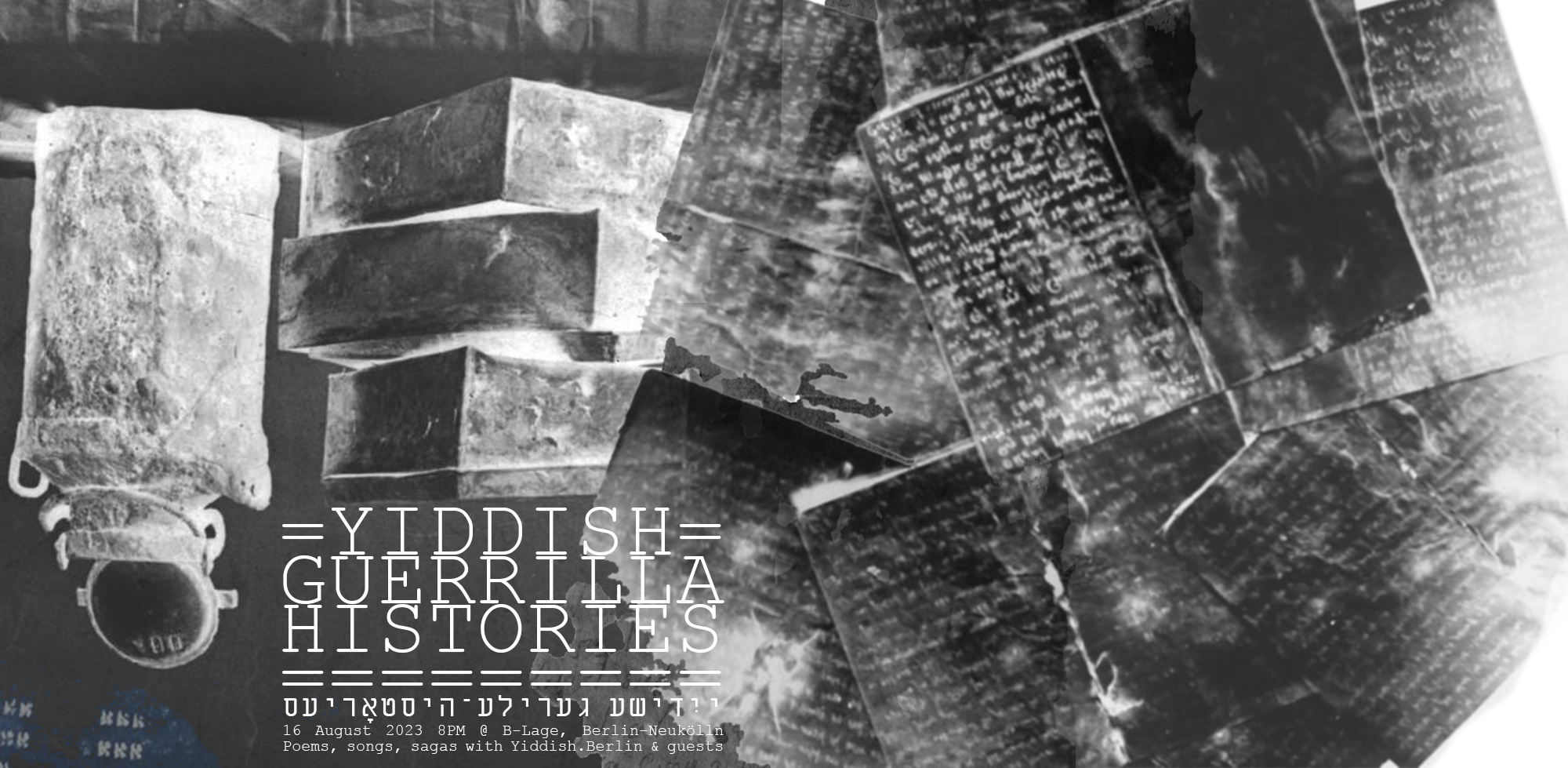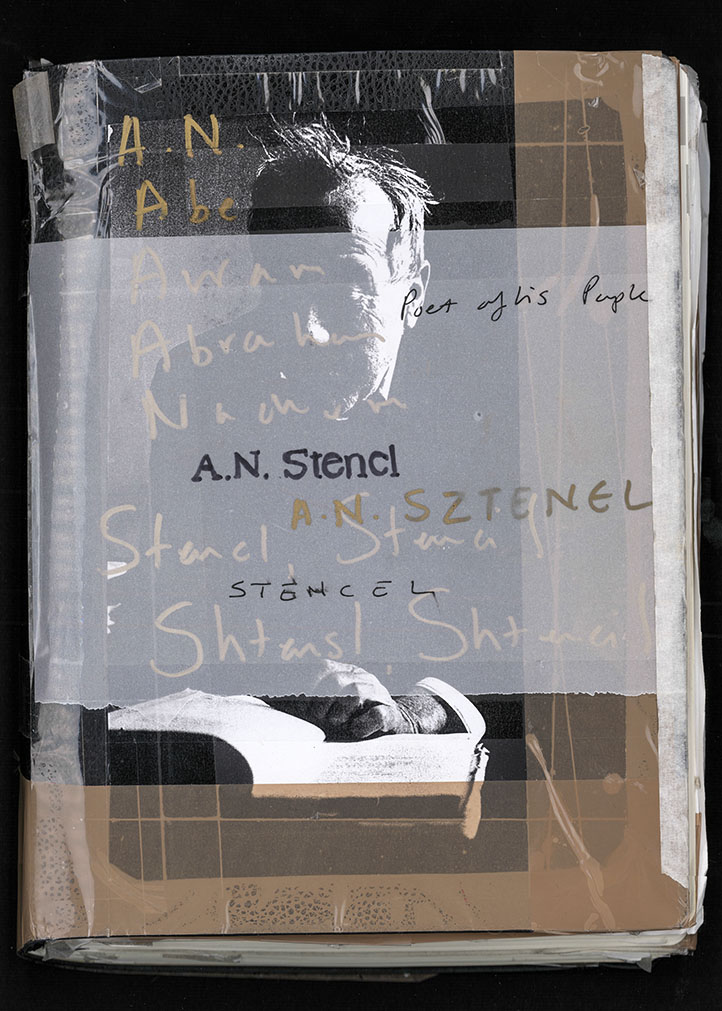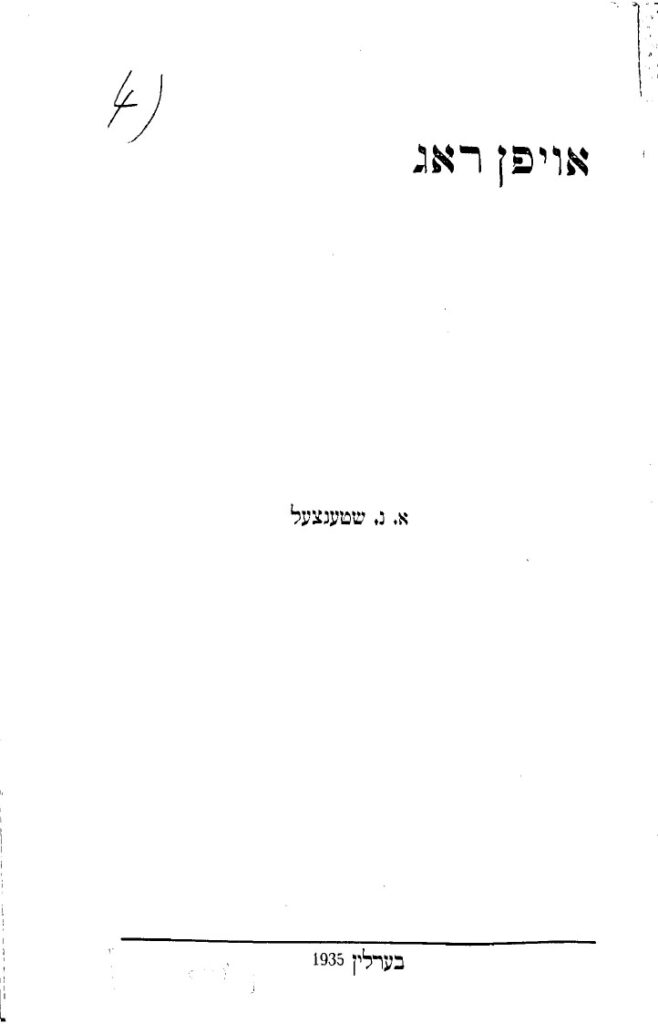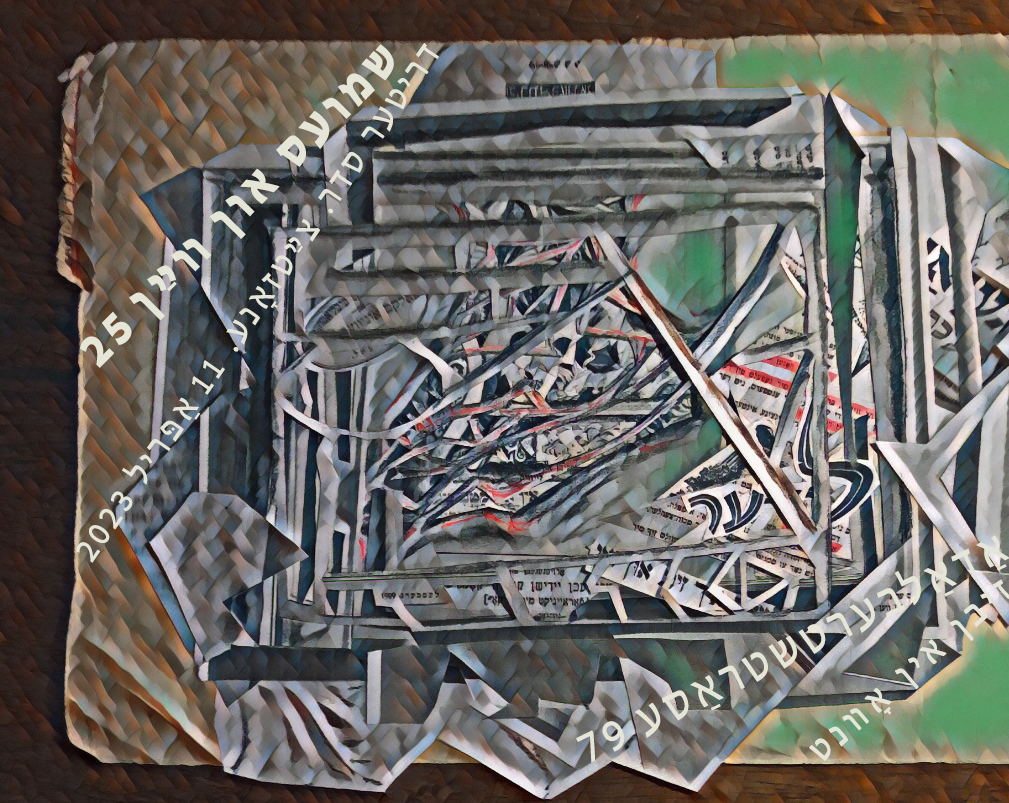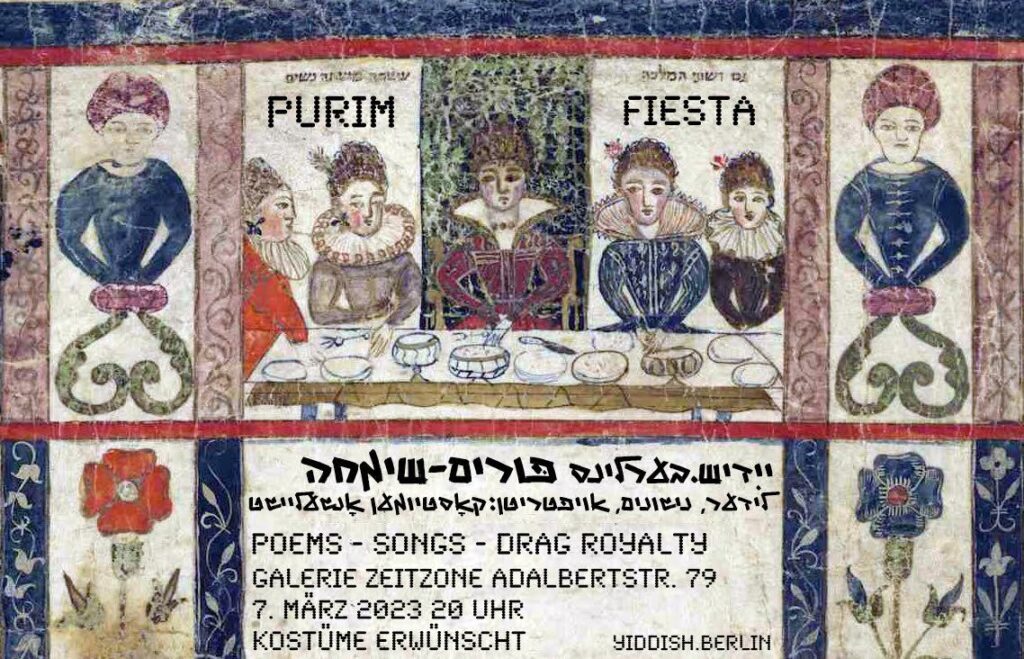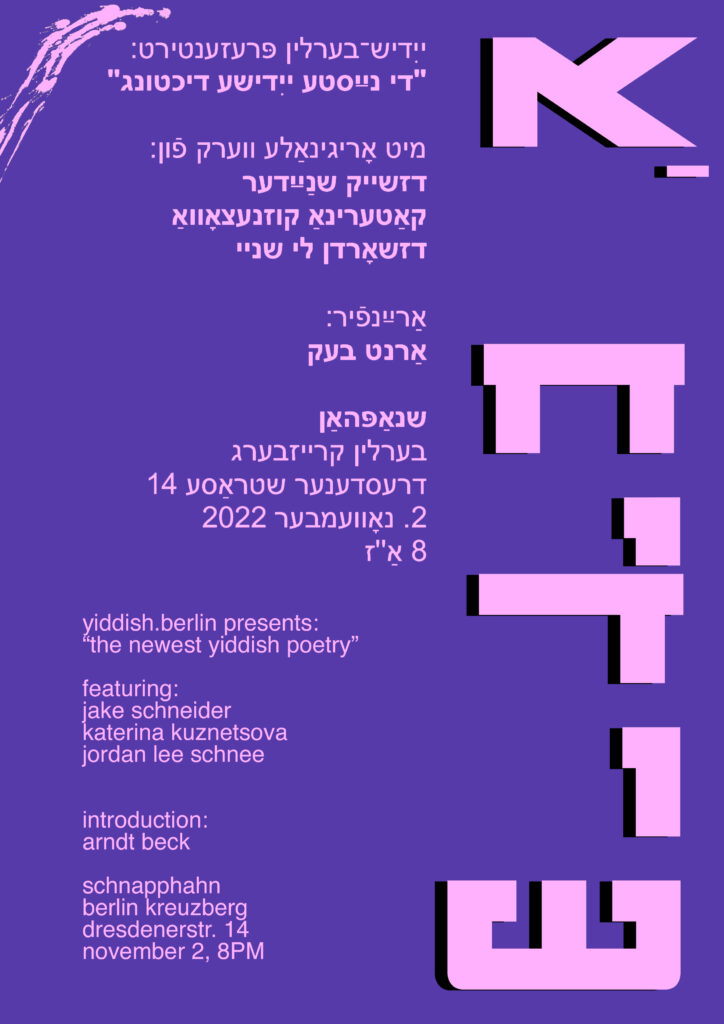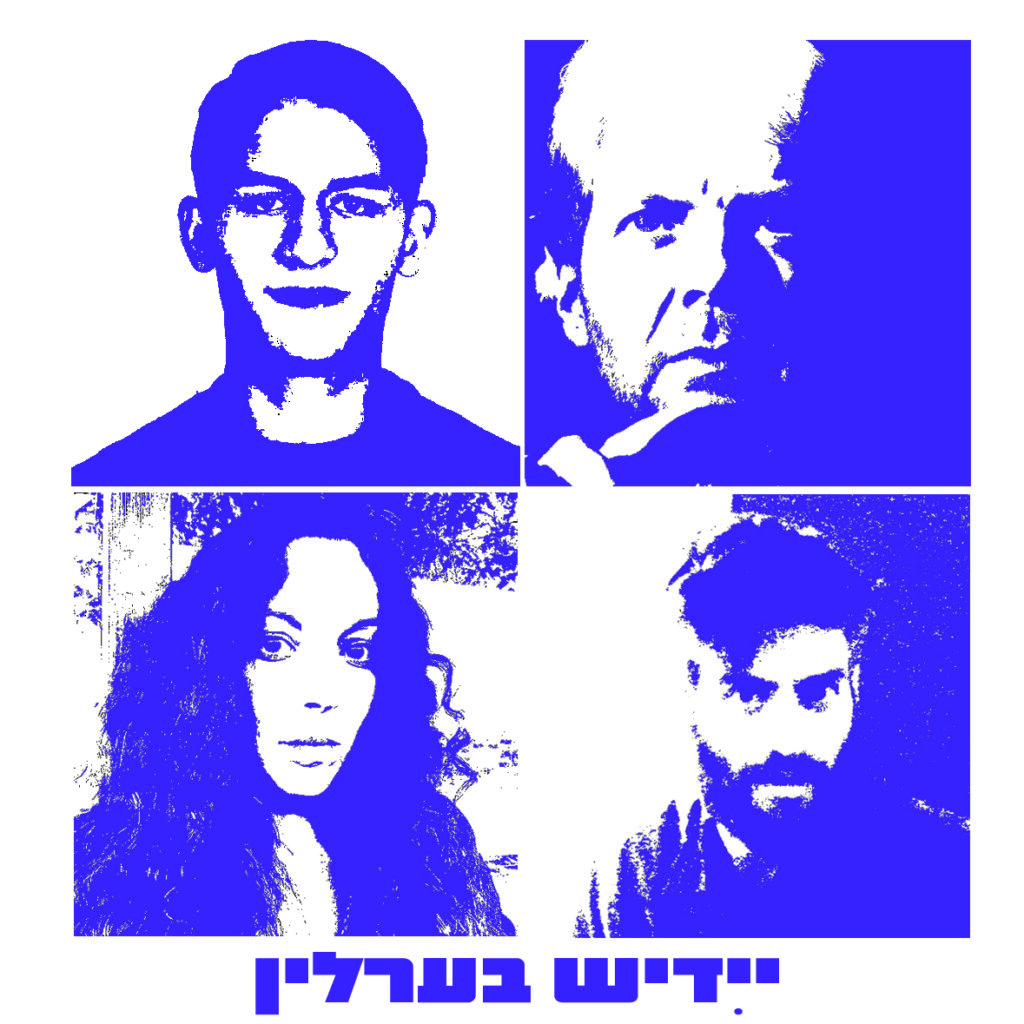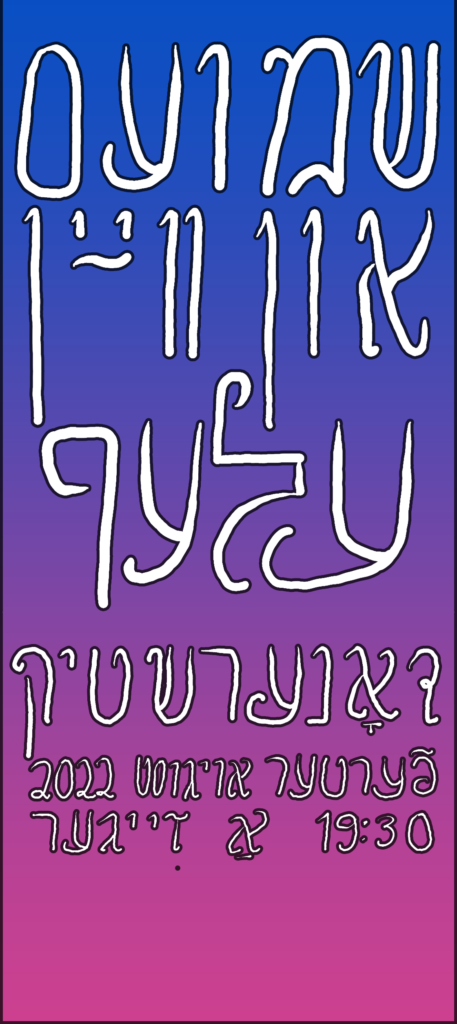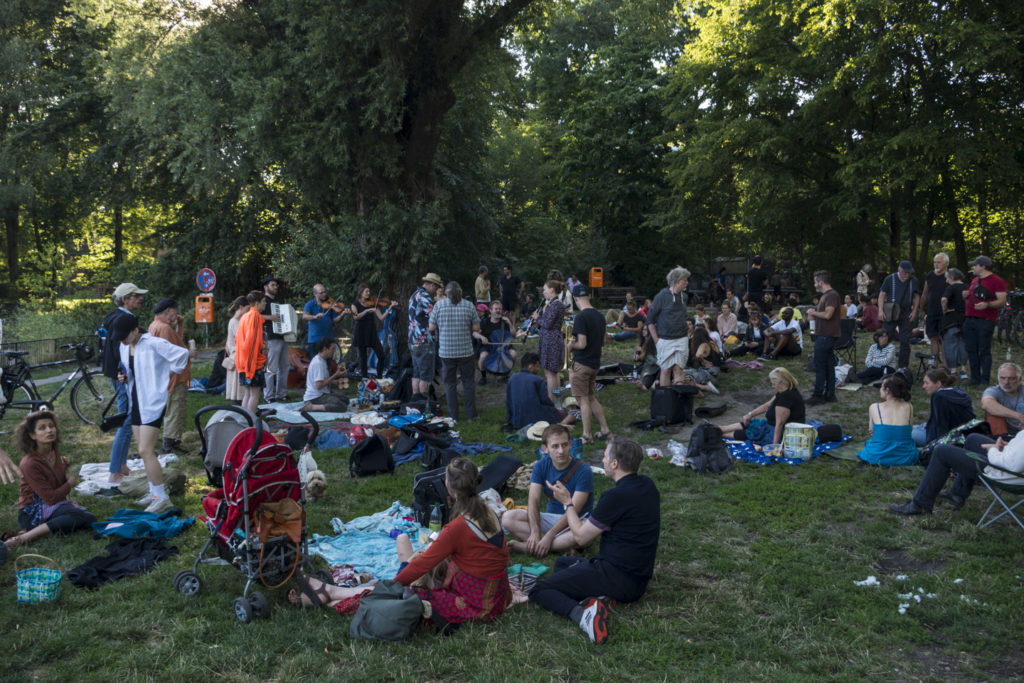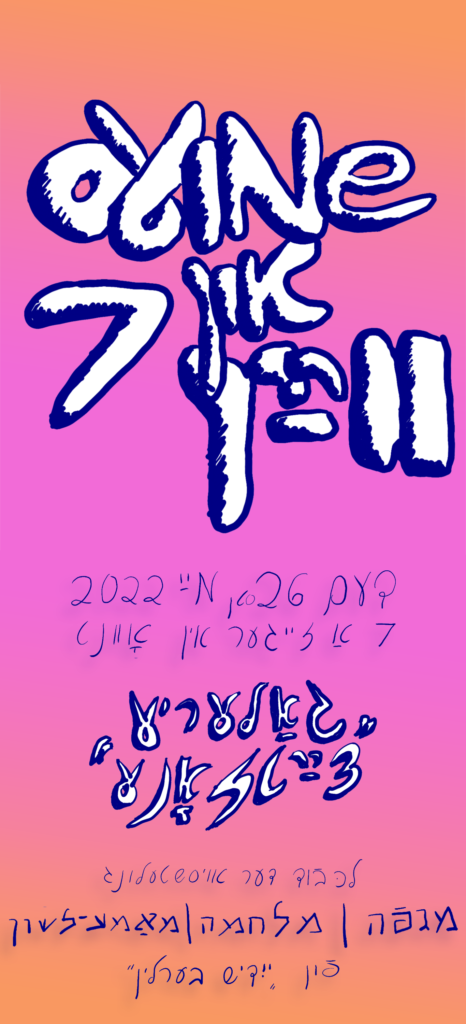Although Yiddish.Berlin has been less active lately as an official (or rather, very unofficial) group, Berlin’s decentralized, DIY Yiddish community is livelier than ever.
There is a whole series of major Yiddish-related events coming up in the city:
- 8 March – On International Women’s Day, Yiddish.Berlin presents works by Yiddish women poets, featuring a varied program of Yiddish poetry and music written, organized, and performed entirely by women.
- 13 April – PARATAXE Symposium XIV: Hebrew? Yiddish? Berlin? This symposium at the Kulturbrauerei will be devoted to literature written here in Berlin in Yiddish and Hebrew, past and present. The Yiddish scene is the focus of the 4pm panel and will also be represented with original poetry and music in the evening reading at 8pm.
- 14 April – Haus für Poesie: For you, whoever you are: Yiddish poetry. This reading, curated by Jordan Schnee, brings together the contemporary Yiddish poets David Omar Cohen (Amsterdam) and Beruriah Wiegand (London/Oxford) with music by Daniel Kahn (Hamburg) and text-based visual art by Ella Ponizovsky Bergelson (Berlin).
- 24-28 April – The 2024 Shtetl Berlin festival! Save the dates. More information on this annual whirlwind of Yiddish music and culture will be available soon on their website. Meanwhile, their next klezmer jam sessions at Oblomov will be happening on 13 March and 11 April, plus a Yiddish singalong on 27 March.
Apart from that, here are some updates on ongoing developments in the local Yiddish community:
- The Yiddish social club Shmues un Vayn was recently featured in the English section of the Forverts with an article headlined “You can now hear people speaking Yiddish in bars all over Berlin.” That might not be entirely true yet, but we’re well on the way as we approach our fiftieth gathering. The club’s gabbai Jake Schneider gave a workshop in January about how to start and maintain this kind of group, hosted by KlezCalifornia (recording available on YouTube). He also gave a guest interview about it for the podcast Proste Yiddish in, well, simple Yiddish.
- A new Yiddish poetry writing group, coordinated by Katerina Kuznetsova, is now meeting every two weeks to discuss its members’ original Yiddish poems, which they have recently performed at the London-based Yiddish Open Mic Cafe, a reading organized by Leivik House in memory of Moyshe Dovid Guiser, and probably more.
- The longstanding weekly reading group, coordinated by Arndt Beck, remains devoted to our Berliner zeyde Avrom Nokhem Stencl. Besides reading his poems every Sunday, participants have also been translating Stencl’s poetry and prose into four languages.
- A new initiative is underway to create a mini-library of books in and about Yiddish called the Berliner Tshemodan-Bibliotekl (the Little Berlin Suitcase Library). After a spontaneous fundraising drive (you can still donate here), three of us traveled to Hamburg for a Yiddish book sale by the Salomo-Birnbaum-Gesellschaft. We did indeed return home with a suitcase full of Yiddish books. More information about the library soon.
